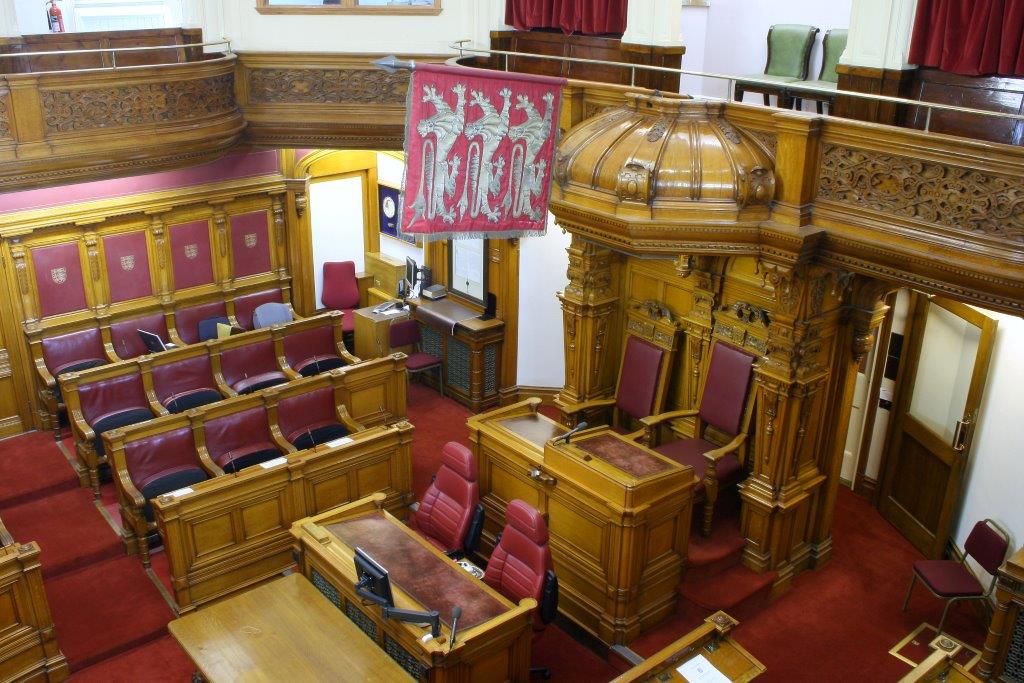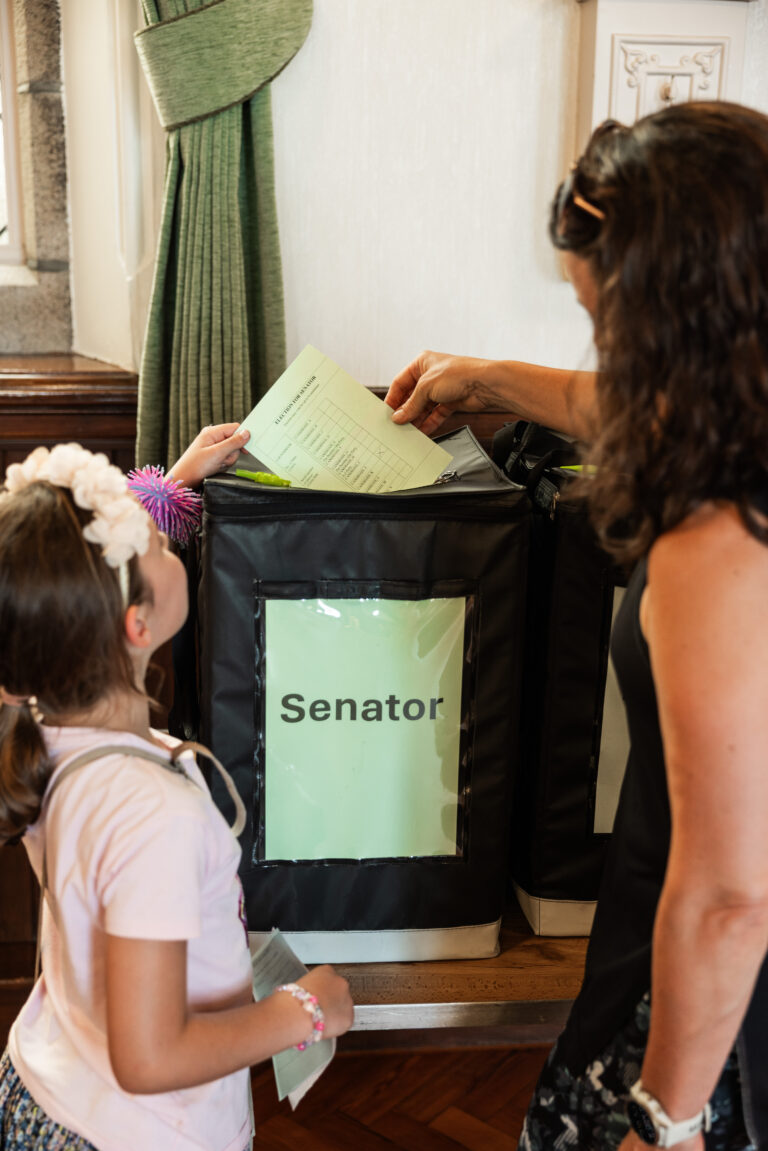Elections to the States Assembly – Jersey’s elected parliament – are held every four years. There are currently 49 elected States Members – 12 Constables and 37 Deputies.
Registered voters elect individuals to represent them as States Members in the States Assembly where Jersey’s laws and policies are debated and decided.
All 49 Members are elected on the same day. Voters choose their preferred candidate for Constable of their Parish and the individuals they want to represent them as Deputies of their constituency.
Existing States Members can seek re-election, and new candidates are encouraged to come forward and stand for election too.



